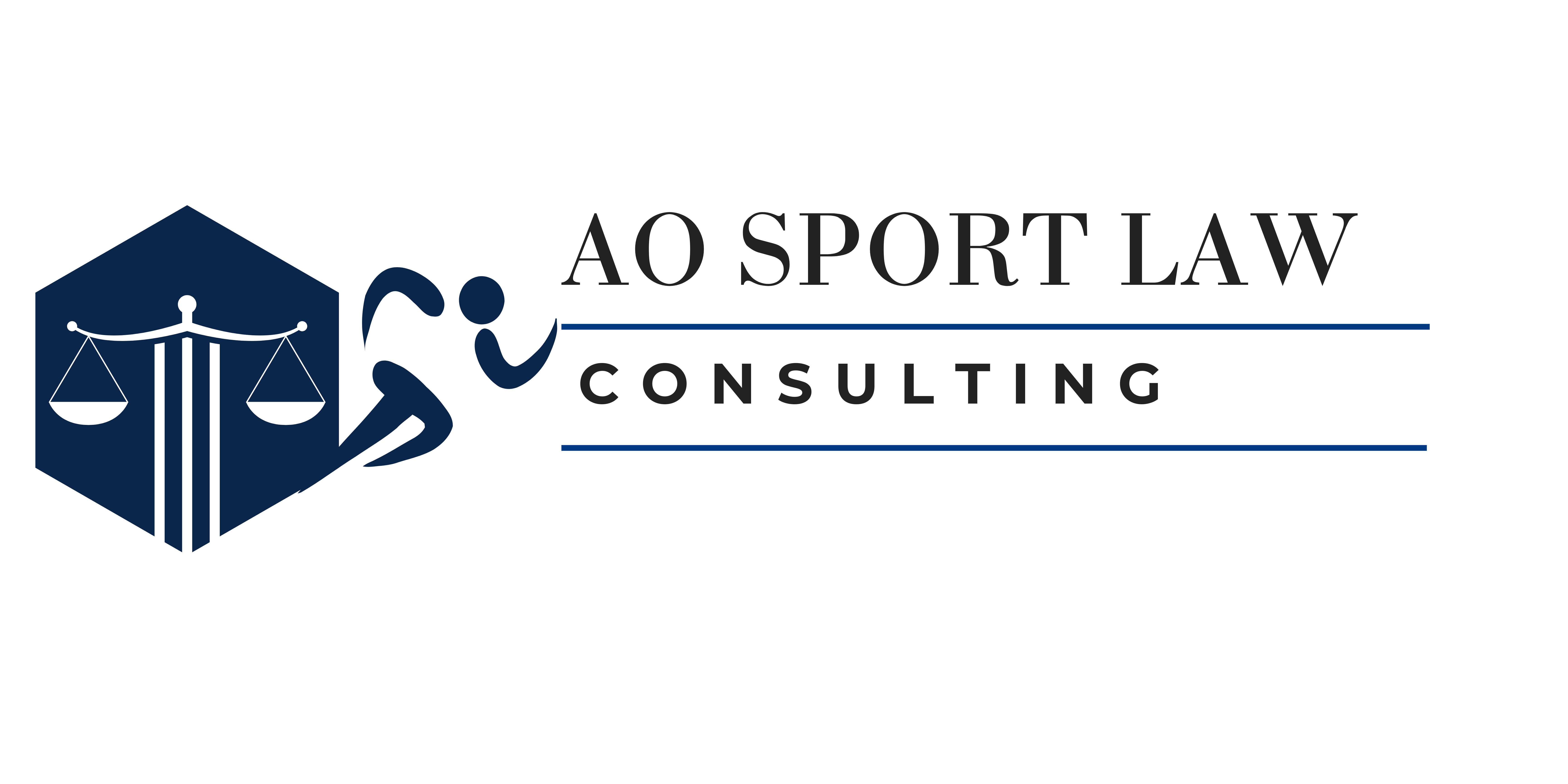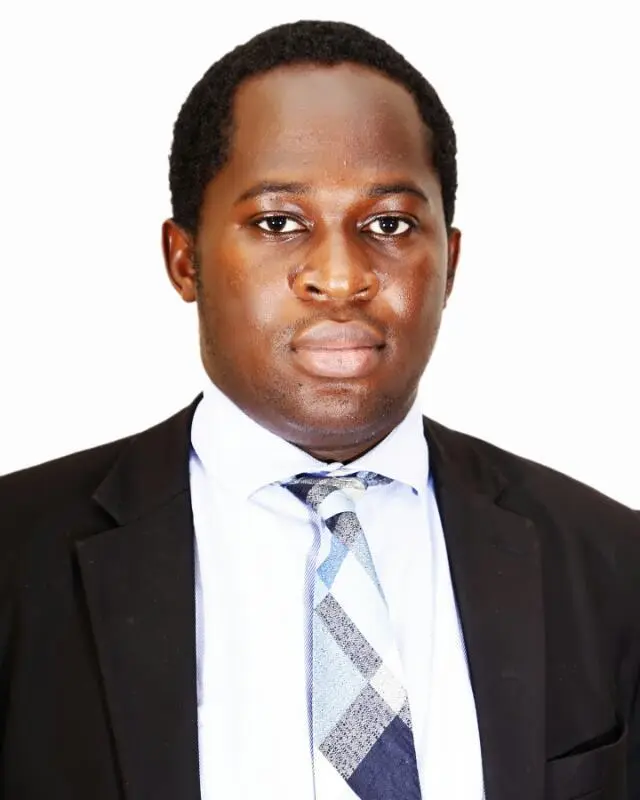March 19, 2017
By Nwafor Sunday
In a compelling interview aired on the Nigerian Television Authority (NTA), international legal practitioner and sports law expert Adedotun Olusanya made a strong case for comprehensive reforms in FIFA’s governance structure. The discussion, part of a sports program, shed light on the complexities of FIFA’s independence doctrine and its unintended consequences on Nigerian football administration.
Mr. Olusanya began by revisiting his previous insights on how FIFA’s independence doctrine has inadvertently become a shield for corruption in football administration, particularly in countries like Nigeria where sports are largely government-funded.
He emphasized that the current governance model allows for significant misuse of public funds without adequate oversight. In the initial interview followed by our correspondent also, Mr. Olusanya was lauded for his innovative approach in educating stakeholders in the sports industry across Nigeria in a very consistent manner.
Drawing from his paper, “Beyond Sports Governance: Constructing a Veritable Platform for Accountability and Transparency in FIFA,” Mr. Olusanya outlined several key proposals aimed at addressing these governance issues. One of his cornerstone recommendations is to enhance the role of sovereign states in FIFA’s governance structure. He clarified that this increased involvement would not compromise FIFA’s autonomy but would ensure accountability. Mr. Olusanya proposed a system where national governments could demand transparency in the use of public funds through regular audits and reports to relevant government bodies.
Another crucial aspect of Mr. Olusanya’s reform agenda involves empowering corporate sponsors. He suggested that these entities, with their significant financial leverage and vested interest in the integrity of football, could play a pivotal role in promoting better governance within FIFA. Mr. Olusanya recommended including clauses in sponsorship contracts that would require FIFA to adhere to certain governance standards, thereby enhancing transparency and ethical practices.
Addressing internal governance issues, Mr. Olusanya advocated for several structural changes within FIFA. These include strengthening ethics committees, implementing more transparent financial reporting mechanisms, and enforcing term limits for executives. These measures aim to prevent the concentration of power and reduce the risk of long-term corruption.
Mr. Olusanya underscored the importance of international cooperation in combating corruption in football administration. He cited the actions of the U.S. Department of Justice against FIFA officials as a precedent for international intervention. He recommended that countries like Nigeria collaborate more closely with international partners through information sharing, joint investigations, and mutual legal assistance treaties specifically tailored to sports governance issues.
A critical aspect of Mr. Olusanya’s proposals is the alignment of FIFA’s statutes with national laws. This alignment would ensure that football associations can be held accountable under domestic legal systems without risking FIFA sanctions. Achieving this would require careful negotiation and potentially the creation of a new international legal framework dedicated to sports governance.
Addressing the challenges of implementing these reforms, Mr. Olusanya acknowledged FIFA’s historical resistance to external oversight. However, he expressed optimism that pressure from major football nations, corporate sponsors, and fans could create the necessary momentum for change. He pointed to the Swiss government’s actions in promulgating Lex FIFA and the successful prosecution of FIFA officials by U.S. authorities as examples of how external pressure can lead to meaningful reforms.
Mr. Olusanya’s interview on NTA provided a comprehensive and thought-provoking analysis of the governance issues within FIFA and offered practical solutions to address these challenges. His proposals, if implemented, have the potential to create a more transparent and accountable system for football governance, benefiting not only Nigeria but the global football community. The interview has resonated deeply with viewers, sparking a renewed conversation about the need for reform in football administration.
As this story continues to develop, we will provide updates on the progress of these proposed reforms and their potential impact on the future of football governance.
Source: https://www.vanguardngr.com/2017/03/legal-expert-adedotun-olusanya-calls-for-comprehensive-reforms-in-fifa/

